How vegans can get enough protein? What ICMR says
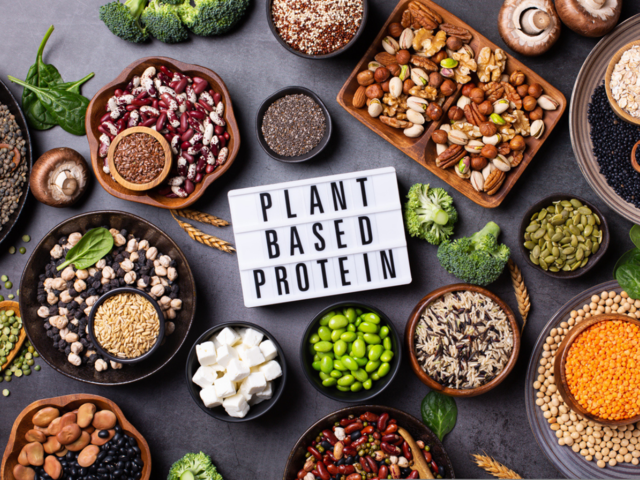
Understanding Protein Sources
Proteins are crucial for our body's growth and repair, and they come from both plant and animal sources. While animal-based proteins like meat, poultry, fish, eggs, and milk contain all essential amino acids, plant-based proteins are found in pulses like lentils, green gram, chickpeas, and soybeans. Additionally, nuts and seeds such as almonds, pistachios, and chia seeds also contribute significantly to protein intake.
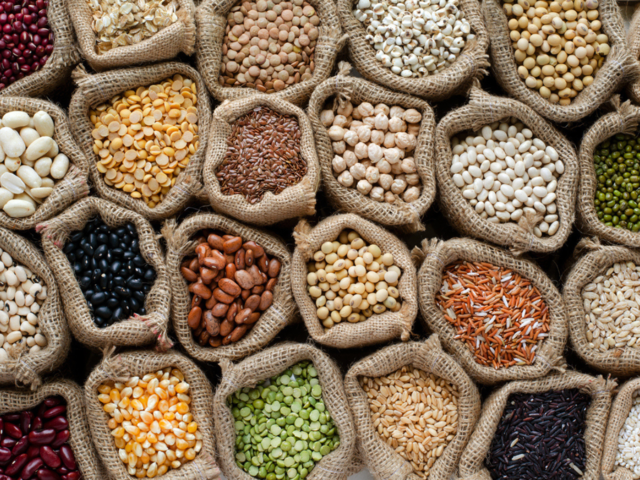
Importance of Pulses
Pulses play a vital role in balanced vegetarian diets, providing quality protein that is more affordable than meat, eggs, or milk proteins. Combining pulses with cereals enhances the protein quality of a meal. Moreover, pulses are low in fat, high in fiber, and rich in essential vitamins and minerals like iron, potassium, zinc, and magnesium, making them a nutritional powerhouse for vegans.
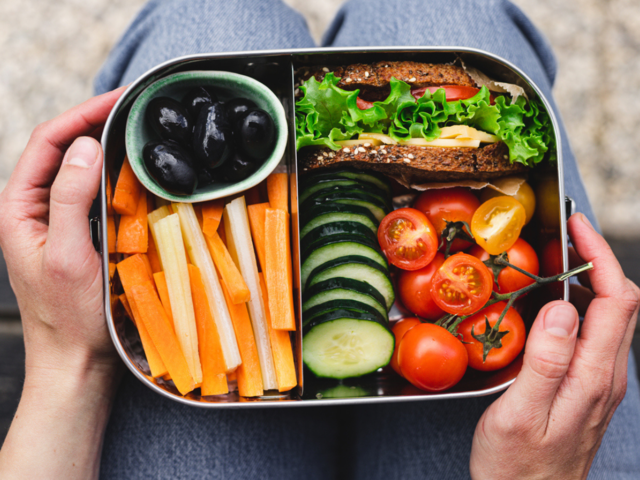
Protein Digestibility
It's essential to consider the digestibility of proteins in a vegan diet. Most vegetarian foods have a protein digestibility range of 70%–85%, ensuring that the body can absorb and utilize these nutrients effectively. A balanced vegan diet, designed for a moderately active individual, can provide over 80 grams of crude protein per day, meeting the body's requirements for essential amino acids.
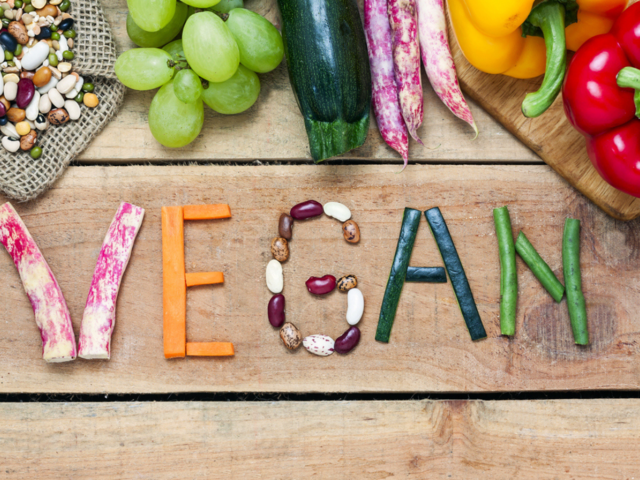
Quality Protein in Vegan Diets
Contrary to common misconceptions, vegan diets can be rich in quality protein. A well-planned vegan diet can offer approximately 60 grams of quality protein daily, fulfilling the body's needs for essential amino acids. This emphasizes the importance of variety and balance in plant-based eating, incorporating a mix of pulses, grains, nuts, and seeds.
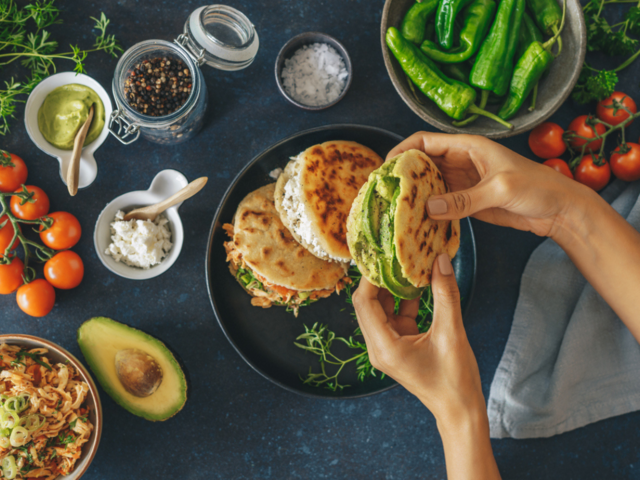
The Role of Plant-Based Foods
Plant-based foods not only contribute to protein intake but also offer other essential nutrients. Incorporating a diverse range of vegetables, fruits, whole grains, and legumes ensures a well-rounded vegan diet that meets nutritional requirements, including protein needs, without the reliance on animal products.
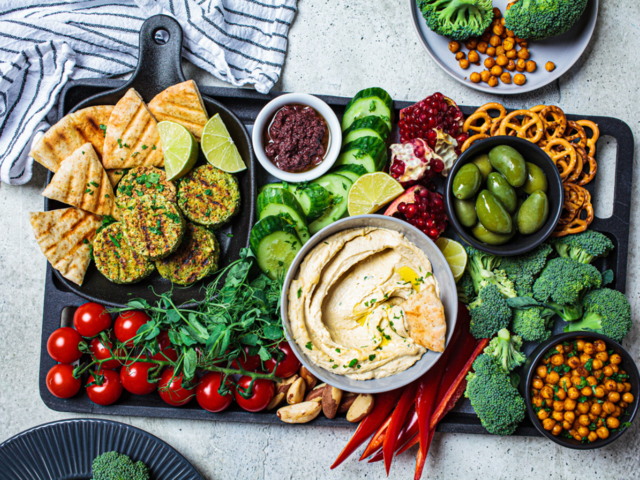
Vegan Protein Benefits
Choosing plant-based proteins has added benefits beyond meeting protein needs. They are often lower in saturated fats, cholesterol-free, and contribute to a more sustainable food system. With proper planning and knowledge about protein-rich vegan foods, individuals can thrive on plant-based diets while supporting their health and the environment.

Cooking Methods for Protein-Rich Vegan Meals
Understanding how to prepare protein-rich vegan meals is key to maintaining a balanced diet. Cooking methods like soaking and sprouting pulses, incorporating tofu and tempeh, using plant-based protein powders, and experimenting with different recipes can enhance protein intake and add variety to vegan meals.

Consultation and Guidance
For individuals transitioning to or already following a vegan diet, consulting with a nutritionist or dietitian can provide personalized guidance. They can help create meal plans that optimize protein intake, ensure nutrient adequacy, and address any specific dietary concerns, supporting overall health and wellness on a vegan lifestyle.